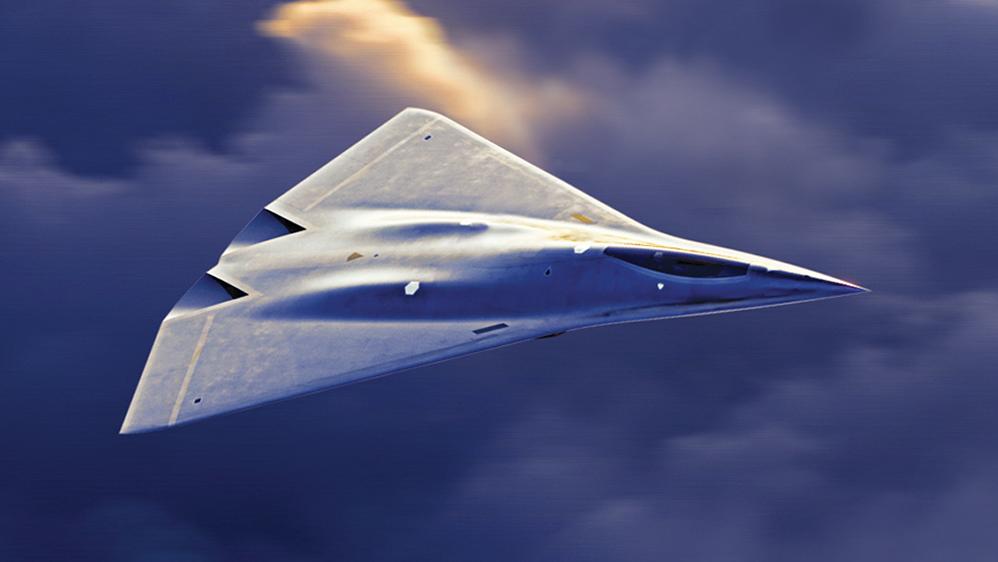
RAF FAIRFORD, England—A sweeping U.S. Air Force modernization program is underway, and the time has come to start discussing options for sharing the technology with allies.
Export policy for some of the Air Force’s “more sensitive” new technology is being discussed this weekend at the Royal International Air Tattoo with the leaders of international partners, Air Force Secretary Frank Kendall said July 14.
“We’re very open to cooperation,” Kendall told reporters at the event. “We want to take advantage of the strategic advantage that we have through our partnerships with other like-minded developed nations. We have a lot to offer from the point of view of engineering and technology.”
The Air Force is in the process of developing the Northrop Grumman B-21 bomber, selecting a design for a Next Generation Air Dominance (NGAD) fighter, creating the concept of Collaborative Combat Aircraft (CCA) and fielding the Lockheed Martin AIM-260 Joint Advanced Tactical Missile.
In the past, Kendall has expressed openness to sharing B-21 technology with the Royal Australian Air Force (RAAF), although the Australian defense strategic review released in April ruled out the acquisition of a new bomber.
But the Air Force still remains open to sharing some of its most sensitive technology with allies.
“As a general response, we are leaning forward more than we have traditionally in sharing technology and security with international partners,” Kendall said. “And some of the conversations I’ll be having here will be about some of those things.”
Kendall declined to comment on the export prospects for the NGAD fighter, and instead pointed to another program as an opportunity.
“We are working with Collaborative Combat Aircraft [CCA] as well and there could possibly be opportunities as well,” Kendall said.
Kendall’s remarks came a day after RAAF Air Marshall Robert Chipman told Aviation Week he planned to consider all options in the 2035 timeframe for a replacement for his one squadron of Boeing F/A-18E/F Super Hornets.
The Air Force plans to field the NGAD and CCA in the late 2020s to early 2030s, Kendall said.
